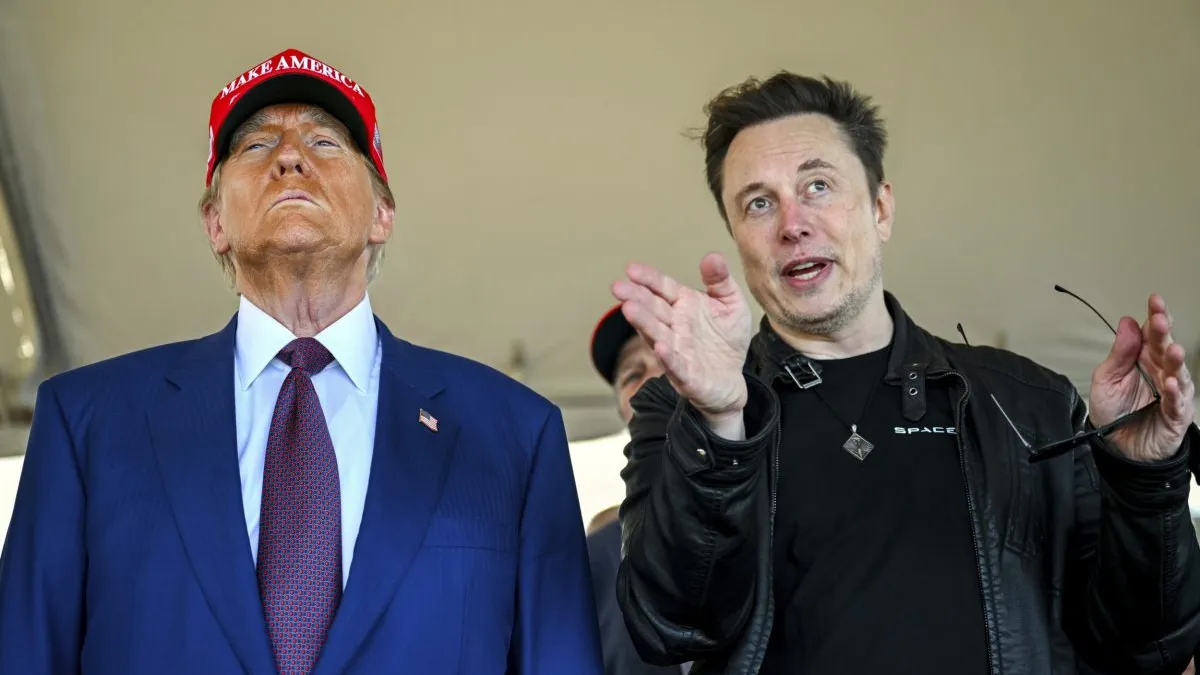Sir Keir Starmer has taken a bold step to strengthen Labour’s economic strategy by appointing Olaf Henricson-Bell as the head of the No 10 policy unit. A seasoned Treasury insider, Henricson-Bell brings extensive experience to the role, having served as the senior communications adviser to three Conservative chancellors—Lord Hammond, Sir Sajid Javid, and Rishi Sunak. His tenure at the Treasury between 2019 and 2021 positioned him at the heart of critical economic decisions, establishing his reputation as a steady and pragmatic leader during challenging times.
This appointment comes amid rising questions about Chancellor Rachel Reeves’ handling of economic policy. Starmer’s reluctance to publicly guarantee Reeves’ position as Chancellor at the next election has fueled speculation about her future. Critics within Labour and even figures in the Treasury have urged Starmer to appoint a chief economic adviser, arguing that it could help address the challenges of managing a slowing economy and mounting fiscal pressures.
Reeves’ economic decisions, including a rise in employers’ National Insurance and cuts to winter fuel payments for pensioners, have faced backlash. Last October’s fiscal event, which triggered market instability, has intensified scrutiny of her leadership. The Institute of Directors recently warned that an economic slowdown since Labour’s election victory has significantly limited Reeves’ fiscal flexibility, leaving her little room to maneuver in addressing economic challenges.
Henricson-Bell’s appointment reflects Starmer’s recognition of the need for experienced leadership. Before this role, Henricson-Bell served as the Foreign Office’s EU director, where he played a key role in Labour’s efforts to reset Britain’s relationship with the European Union. His career also includes significant contributions to counter-terrorism efforts, EU communications, and advocacy with Human Rights Watch. Known for his collaborative approach and innovative problem-solving, Henricson-Bell is viewed as a pivotal figure in shaping Labour’s policy direction.
His appointment also signals a strategic shift in Starmer’s leadership team. Henricson-Bell replaces Ninrenji Pandit, who briefly served as Starmer’s principal private secretary. While Pandit was praised for her contributions during the pandemic, the decision to bring in Henricson-Bell underscores the party’s focus on addressing broader economic challenges.
This move highlights Starmer’s commitment to reinforcing Labour’s economic credibility. As the party navigates a complex economic landscape, Henricson-Bell’s expertise is expected to play a crucial role in shaping Labour’s policies and guiding the government through a defining period.




